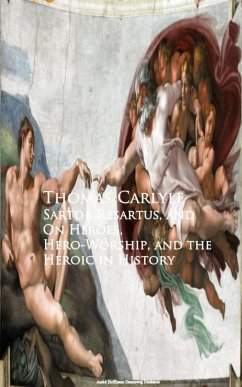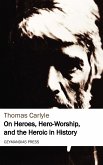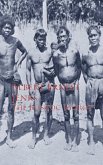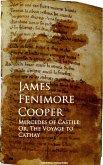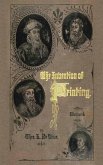One of the most vital and pregnant books in our modern literature, "Sartor Resartus" is also, in structure and form, one of the most daringly original. It defies exact classification. It is not a philosophic treatise. It is not an autobiography. It is not a romance. Yet in a sense it is all these combined. Its underlying purpose is to expound in broad outline certain ideas which lay at the root of Carlyle's whole reading of life. But he does not elect to set these forth in regular methodic fashion, after the manner of one writing a systematic essay. He presents his philosophy in dramatic form and in a picturesque human setting. He invents a certain Herr Diogenes Teufelsdröckh, an erudite German professor of "Allerley-Wissenschaft," or Things in General, in the University of Weissnichtwo, of whose colossal work, "Die Kleider, Ihr Werden und Wirken" (On Clothes: Their Origin and Influence), he represents himself as being only the student and interpreter. With infinite humour he explains how this prodigious volume came into his hands; how he was struck with amazement by its encyclopædic learning, and the depth and suggestiveness of its thought; and how he determined that it was his special mission to introduce its ideas to the British public. But how was this to be done? As a mere bald abstract of the original would never do, the would-be apostle was for a time in despair. But at length the happy thought occurred to him of combining a condensed statement of the main principles of the new philosophy with some account of the philosopher's life and character. Thus the work took the form of a "Life and Opinions of Herr Teufelsdröckh," and as such it was offered to the world. Here, of course, we reach the explanation of its fantastic title-"Sartor Resartus," or the Tailor Patched: the tailor being the great German "Clothes-philosopher," and the patching being done by Carlyle as his English editor...
Dieser Download kann aus rechtlichen Gründen nur mit Rechnungsadresse in A, B, BG, CY, D, DK, EW, E, FIN, F, GR, H, IRL, I, LT, L, LR, M, NL, PL, P, R, S, SLO, SK ausgeliefert werden.

